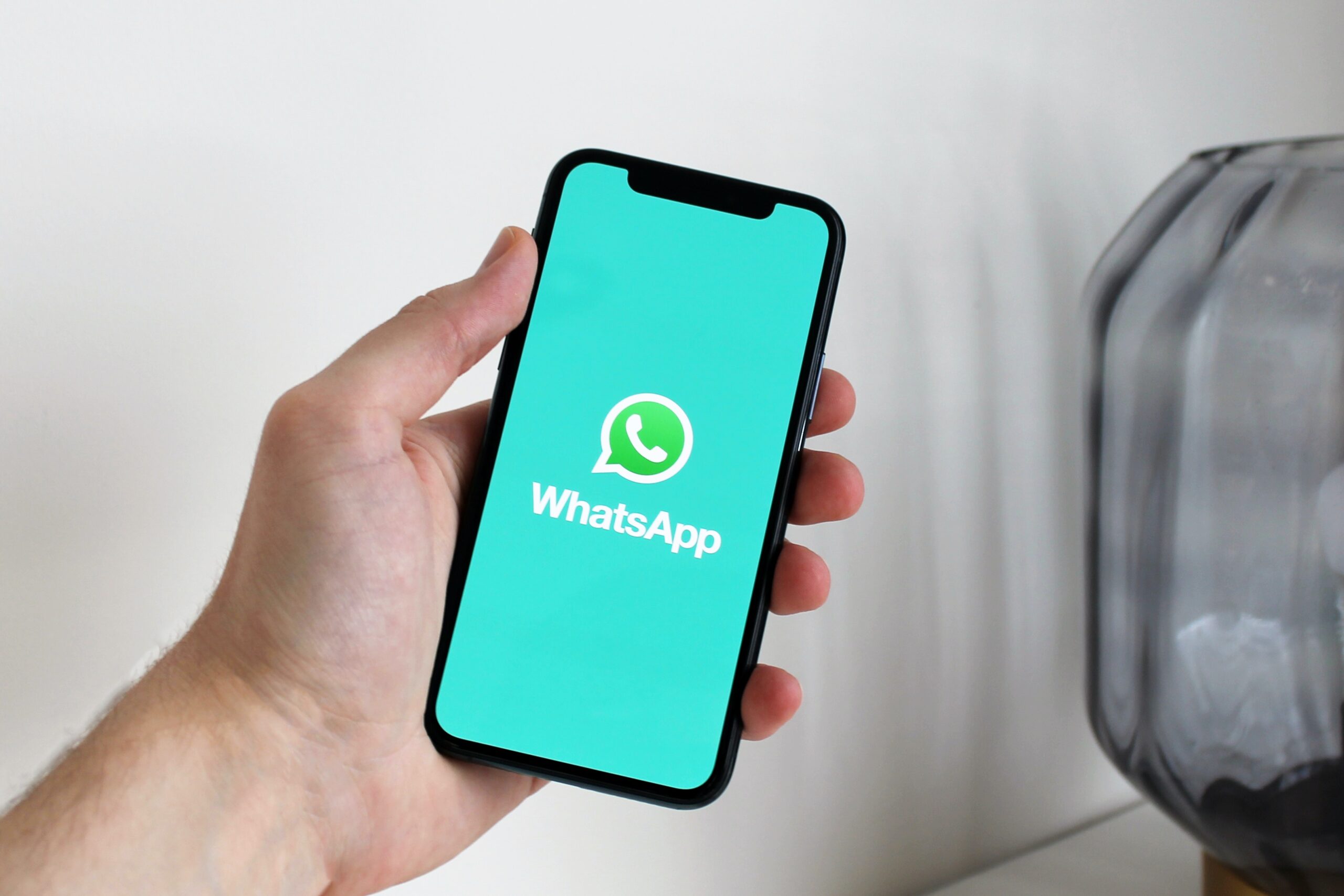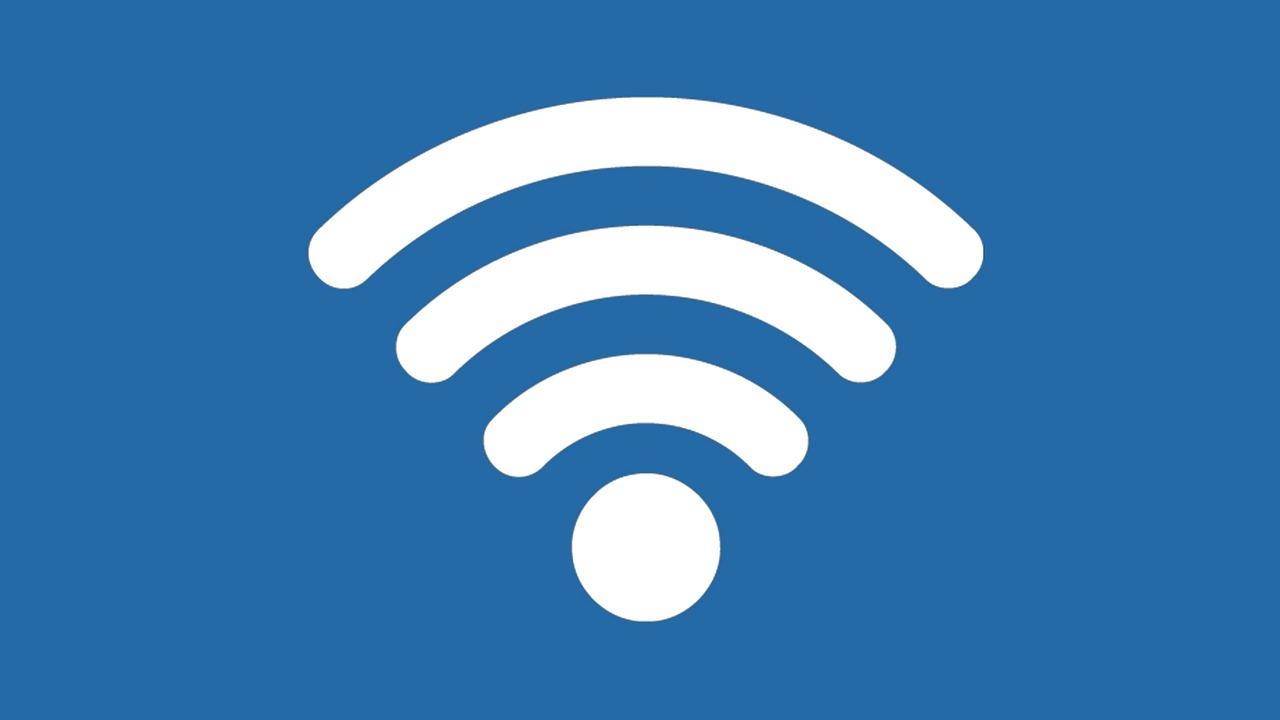Check out the data from a survey and find out which is the best 5G in Brazil. You will be surprised!
5G began to be made available in Brazil in 2022, becoming increasingly present in the lives of Brazilians. A survey by OpenSignal, a mobile network analysis company, released a report with the performance of operators Vivo, Claro and TIM in relation to the fifth-generation network.
According to the company, data collection was carried out between March 1st and May 29th of this year. In addition, the company reported that it has access to the daily collection of billions of measurements from more than 100 million devices around the world, ensuring that its information is accurate. 2G and 3G internet will be turned off in Brazil, proving how much 5G has become increasingly important in the daily lives of Brazilians.
Check out the report results now and find out which operator has the best 5G signal.

Which 5G is better?
There is no single answer as to which is best 5G in Brazil. According to OpenSignal data, each operator performs better in different areas. Whether it's speed, coverage or videos, operators present very different results.
Speed
When it comes to speed, the best 5G internet in the country is the operator vivo. The survey shows that the operator achieved an average download speed of 403.2 Mb/s. In uploads, it reached 35.9 Mb/s.
The ranking was as follows:
1st – Alive
2nd – TIM
3rd – Clear
Coverage
In terms of 5G coverage, the best operator was TIM. According to the report, only TIM users achieved a score above 4 points, which indicates that users connect to the network in at least 4 out of every ten locations they visit.
1st – TIM
2nd – Of course
3rd – Alive
Videos
When it comes to playing videos, TIM and Vivo are almost tied. On a scale of 0 to 100, they achieved 75.2 and 75.1 points. Furthermore, scores above 68 are considered “very good” by the company.
The ranking was:
1st – TIM – with 75.2 points
2nd – Vivo – with 75.1 points
3rd – Claro – with 73.9 points
So, when it comes to 5G, the country's three main telephone operators are in fierce competition. Even if one of them offers faster speeds, another offers a better experience in other aspects. Therefore, while the 5G network increases its presence in Brazil, the competition between the three companies should also remain very competitive.
2G and 3G shutdown
The networks 2G and 3G will be shut down in Brazil. One of the main reasons for the shutdown is the limitation of compatible devices. Currently, only older devices can connect to these networks. As a result, the use of 2G and 3G is rapidly declining, as most users acquire devices that support 4G and 5G.
As a result, maintaining these networks will entail very high costs for telecommunications companies, without being able to meet mass demand. Another important factor is the issue of maintenance. Networks require constant investment in infrastructure and technical support. As the use of these technologies becomes less and less frequent, the costs become less and less justifiable.



